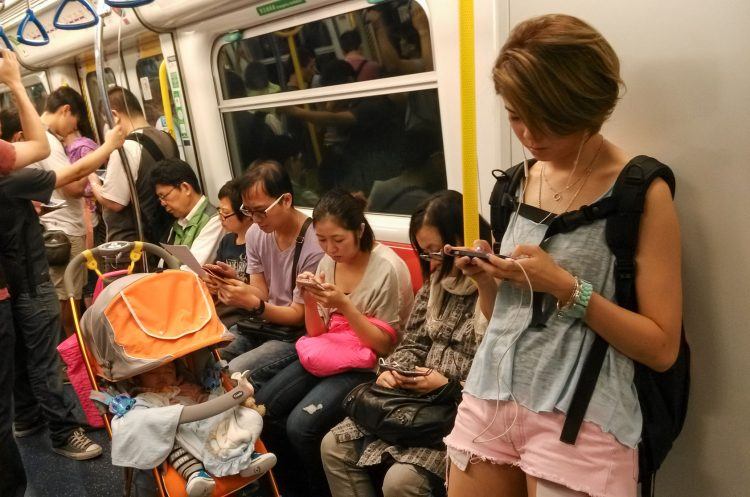
Photo credit: Flickr/bfishadow.
Google’s app store could finally be on its way back to China. That’s according to a report from The Information, citing anonymous sources who suggest that Google will use a partnership with Chinese internet and gaming company Netease to launch a censored version of the Play Store.
This raises a lot of questions.
Will this actually happen?
The Information’s report says that Google is in discussions with Netease, but nothing has been finalized, and the regulatory barriers to launch are probably significant, even if Google really is willing to censor its app store.
Moreover, this has happened before. Back in 2015, Reuters reported that Google’s app store was coming to China in 2016, also basing its reporting on anonymous sources. But the year came and went without any launch.
In short: it seems pretty clear that Google wants to launch its app store in China. But whether it will actually be able to is unclear, and it’s also not clear how far along the company is in its negotiations with Netease.
Could a relaunch actually work?
It’s been nearly seven years since Google (mostly) left China, so it shouldn’t surprise anyone that local players have jumped in to fill almost all of the gaps left following the removal of Google’s services. That certainly extends to app stores – there are a bevy of popular and successful third-party app stores in China already. In the West, Google enjoys default status on Android handsets, but in China it currently has a market share of around 4 percent. Launching an official China version that doesn’t require a VPN to access would probably push that number up, but there are six Android stores in China with much larger shares. What could a censored Play Store offer that would help it surpass all of those?
Some outside observers are optimistic. But personally, I am very skeptical that an official, censored version of the Play Store would make a lot of headway. It’s true that Google still has strong brand recognition in China, but it’s difficult to see what special features a censored Play Store could offer that would make it superior to existing domestic offerings.
To some extent, it might depend on what other services Google can package along with the Play Store. Currently, almost all Google services are blocked in China, so Google integrations wouldn’t be a major selling point. But if Google could get some of its other products approved along with the Play Store, that might make it a bit more appealing to Chinese consumers.
Are app stores on the way out?

Photo credit: manganganath / 123RF.
The other problem for Google is that WeChat – which is about as close to total ubiquity in China as it’s possible for a web service to be – recently launched “instant apps.” These work right inside WeChat, eliminating the need for an app store and separate apps to access popular services.
Right now, WeChat’s instant apps don’t replace enough functionality to have killed off the app store for most users. But the Play Store isn’t available in China right now. By the time Google finalizes its Netease partnership, develops the censored app store, and jumps through China’s regulatory hoops, it’s likely that WeChat’s instant app offerings will have expanded significantly. It won’t matter much that Google’s grabbed a bigger slice of the Chinese app store pie if the pie itself is shrinking. And given how immensely popular WeChat is, that’s a definite possibility.
That’s not to say that the Play Store is definitely doomed to fail. But with WeChat raising questions about the long-term viability of apps in China, it certainly seems like this may not be the best moment to try and launch a new app store.
Would it cause a PR problem?
Google’s code of conduct famously contains the phrase: “Don’t be evil.” It used that principle to explain its original withdrawal of search services from China, and although it has allowed some forms of censorship, its willingness to participate in censoring the Play Store’s offerings could cause PR problems if the story picks up steam back home.
For that to happen, of course, Google would have to be blocking something that its Western audience cares about. That’s not likely, but it certainly isn’t impossible, and if the government were to order Google to block gay dating apps (for example) that could cause some serious PR damage for Google on the home front.
This is an opinion piece.
This post Google plans to launch its Play app store in China. Too little too late? appeared first on Tech in Asia.